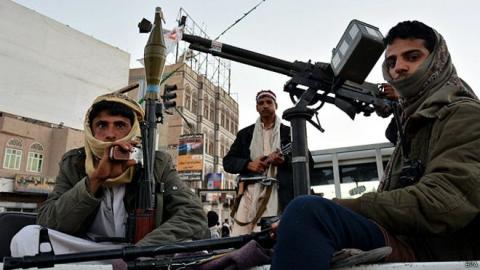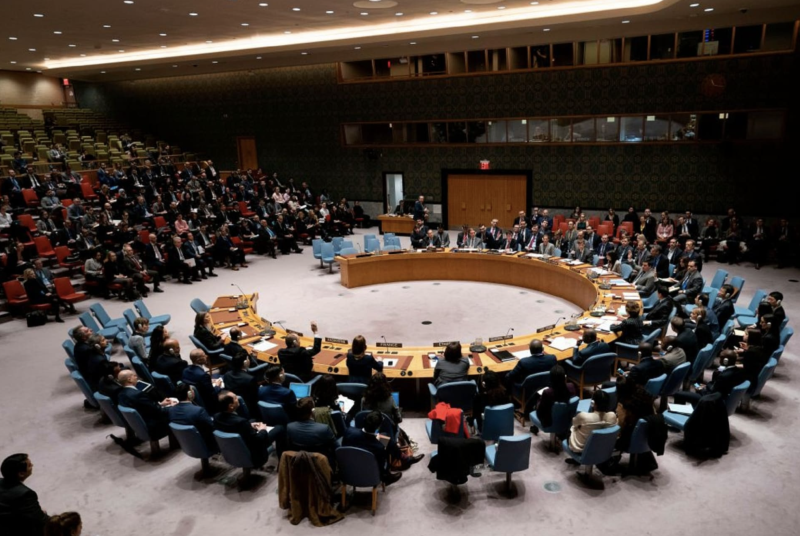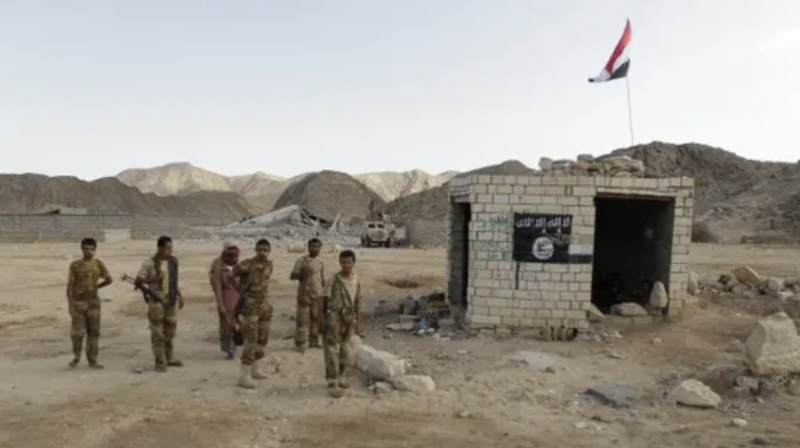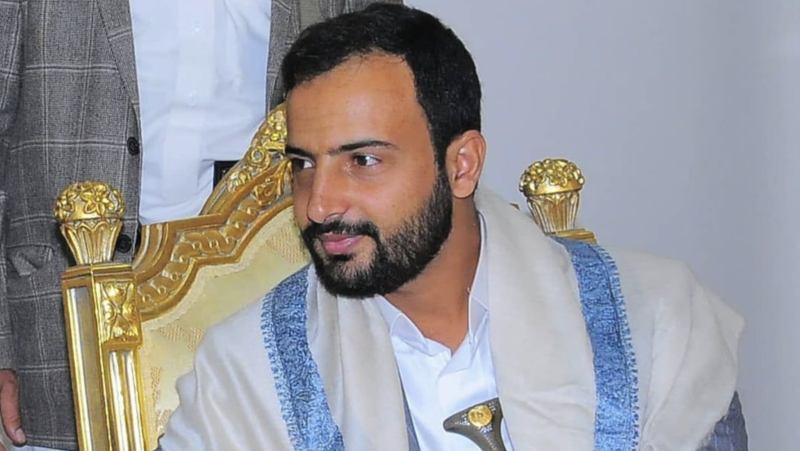Houthi Rebels Accuse Saudis of Fueling Unrest to Divide Yemen


The leader of the Houthi rebel group here, in an unusually combative speech Thursday that reflected frustration by the rebel movement at its deepening isolation, accused Saudi Arabia, Yemen’s powerful neighbor, of financing armed opponents and trying to divide the country.
The Houthis control the capital, Sana, in northern Yemen, and much of the nation’s military. Yet their authority faces a sharp challenge from Yemen’s former president, Abdu Rabbu Mansour Hadi, who fled to the southern city of Aden on Saturday and, with the backing of Saudi Arabia and other Persian Gulf monarchies, declared that he was still the country’s legitimate leader.
Yemen has been without a government since late January, when Mr. Hadi and his cabinet resigned under pressure from the Houthis. Now the country appears more and more splintered between competing fiefs in the north and south, raising fears that it will suffer the same fate as Libya, riven by increasingly bloody factional fighting between rival governments.
There are also concerns that the power vacuum will benefit Al Qaeda’s powerful local affiliate, which has been adept at seizing on political chaos in the capital to capture territory.
As the conflict in Yemen has accelerated, nearly all Western and regional countries, including the United States and Saudi Arabia, have shut down their embassies in the capital, adding to the international pressure on the Houthis to reconcile with their enemies.
Like in Libya, regional powers have been accused of playing a provocative role in Yemen’s latest feuds, by supporting opposing armed factions.
The Houthis, northern tribesmen who belong to the minority Zaydi Shiite sect, have received backing from Iran. Saudi Arabia and other Persian Gulf states, who see Iran as a dangerous rival, have been accused of supporting anti-Houthi factions.
In his speech on Thursday, the Houthi leader, Abdel Malik al-Houthi, abandoned earlier conciliatory language and reacted angrily to reports that the Saudis, as well as Qatar, had sent their ambassadors to Aden in a show of support for Mr. Hadi.
Mr. Houthi complained about the expulsion of Yemeni workers from Saudi Arabia and accused its monarchy of trying to “exploit” Mr. Hadi’s move to Aden while attempting to “to introduce the Libyan model and impose it on Yemen.” He also asserted that the Saudis were supporting anti-Houthi tribes in Marib, a province east of the capital.
After the events of the last week, Yemen appeared to be facing “civil wars and economic collapse,” said Nabil Subyae, a Yemeni journalist and political analyst. If the Houthis did not pursue compromise and back down from their positions, “there will likely be a ruptured Yemen,” he added.
The current crisis began in September, when the Houthis moved from their base in the northern Saada region and seized the capital, declaring that Mr. Hadi’s government was both ineffective and corrupt.
The Houthis quickly advanced beyond Sana, sparking a violent reaction from Al Qaeda in the Arabian Peninsula, their longtime foes. Since then, Yemenis and foreign diplomats have watched with alarm as Al Qaeda has steadily gained allies among tribes that oppose the Houthis.
In January, the Houthis put Mr. Hadi under house arrest, forcing his resignation and toppling the government. Mr. Hadi remained under Houthi guard until last week, when, in a confusing turn of events, he was either released or escaped.
Mr. Hadi quickly made his way to Aden, a dilapidated port city and a stronghold for Yemen’s southern separatist movement, as well as an area where the Houthis have faced resentment and have virtually no control.
NY Times

NewYork -- The United Nations Security Council has urged all parties in Yemen to de-escalate tensions and intensify diplomatic efforts to end the c…

Marib — A senior al-Qaeda commander was killed Tuesday in a suspected U.S. drone strike in Yemen’s northern province of Mareb, accordin…

London — The United Kingdom has announced new sanctions targeting Hussein al-Houthi, son of Abdulmalik al-Houthi, leader of the Houthi militi…